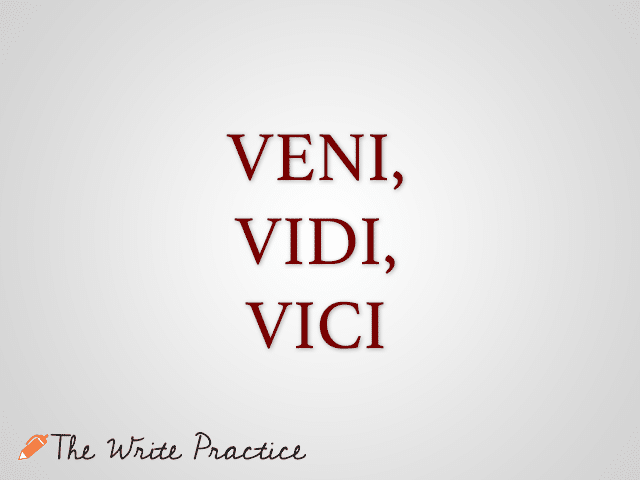
by Liz Bureman |
I remember one of my teachers at one point in my schooling mentioning that there is a balance between the good days and the bad days you’ll get. The exact phrasing used to express this idea was “Some days you get the elevator, some days you get the shaft.” Morbid, perhaps, but it’s a saying that has stuck with me since then. I really like similarly structured euphemisms and turns of phrase, and I just learned the name for them: isocolon.

by Liz Bureman |
Sometimes you have a bad day. Sometimes that bad day stretches into a bad week, or a bad month, if you’re really struggling. Usually, that’s not fun for any parties involved. However, if you’re an external observer, and the action is taking place in a book or movie, disaster can be the whole reason you’re paying any attention. If disaster is inevitable, it’s because of a concept called Finagle’s Law.

by Liz Bureman |
A couple of years ago, I read Stieg Larsson’s Millennium trilogy. You know, the Girl with the Dragon Tattoo series. Well, truthfully, I didn’t exactly read the trilogy. I read the first two books and ditched the third after about fifty pages. In this post, let’s talk about what that third book got so wrong.

by Liz Bureman |
I have always had a thirst for knowledge and understanding. I read encyclopedias for fun in the 4th grade, and I dominate at trivia to this day. This doesn’t always work well in the writing world. Have you ever seen Lost? I’m about halfway through season three. When I first started watching the show, a friend of mine told me to expect to have a lot of my questions to be unanswered. That advice has made the viewing experience much more enjoyable because I’m not spending half of the episode trying to figure out and reason through what’s going on.
John Keats understood this artistic choice to live in the tension of mystery, and in a letter to his brothers, he gave it a name: negative capability.
by Liz Bureman |
I love words. A lot of us get into writing because we love words. We love words strung together in sentences; we love that those sentences blend to form an amazing story that we immerse ourselves in. Sometimes it’s just the sound of the word that enraptures us, or maybe it’s two words put together that, when combined, are the epitome of sonic euphoria. When that happens, we experience euphony.



